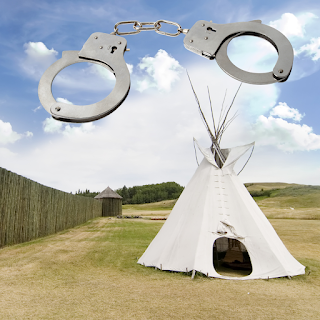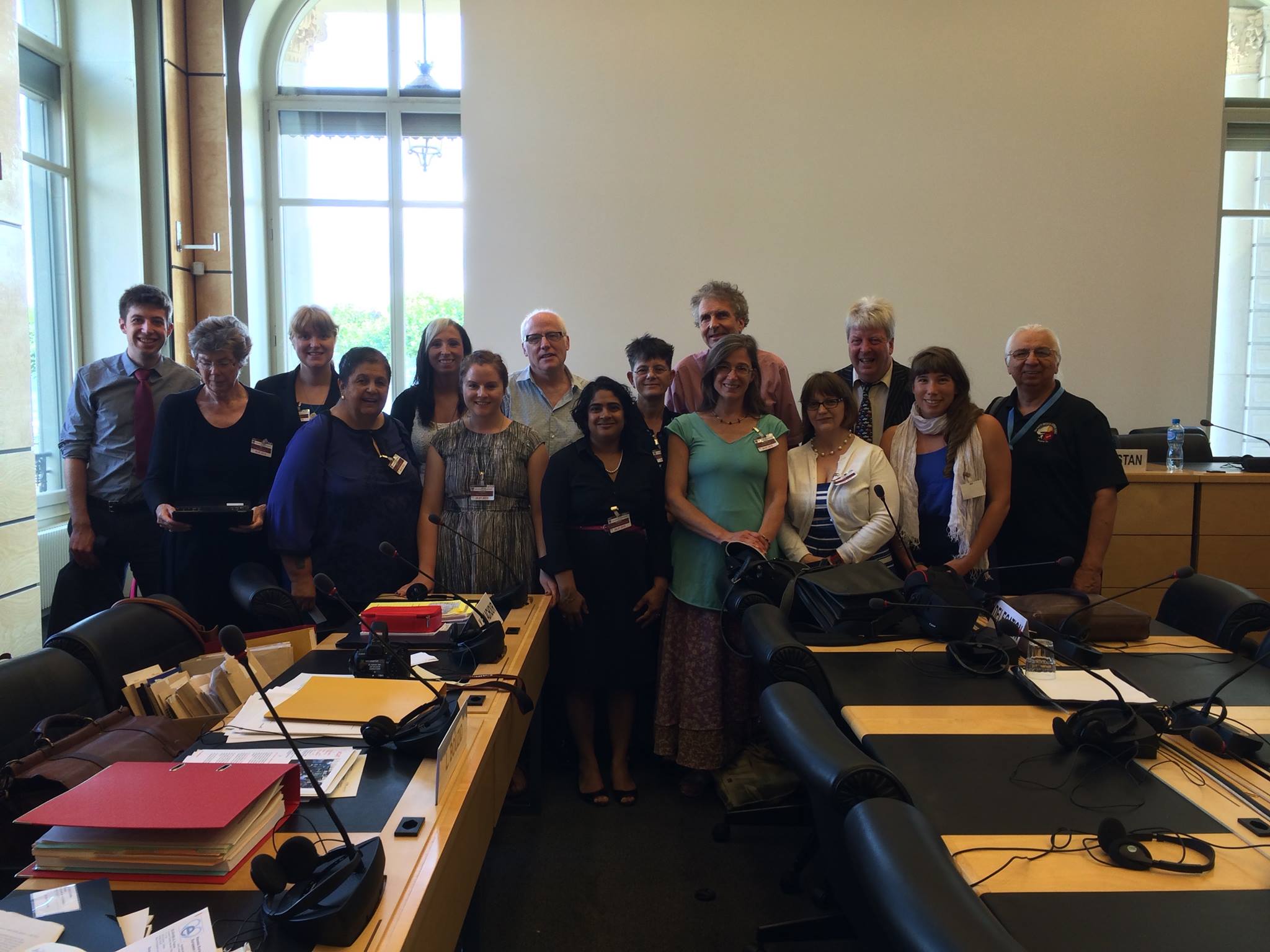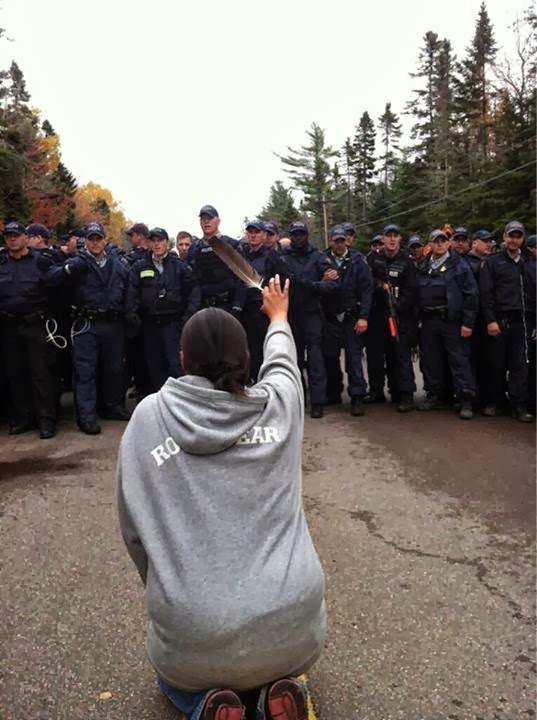*Originally published in Globe & Mail Feb. 27, 2020 CANADA’S INDIAN POLICY HASN’T CHANGED MUCH After the events of the past few weeks in Canada, one thing remains clear: Canada’s Indian policy hasn’t changed much since its inception. Indian policy has always had two objectives: to obtain Indian lands and resources and to reduce financial…
Continue reading…about Clearing the lands has always been at the heart of Canada’s Indian Policy



